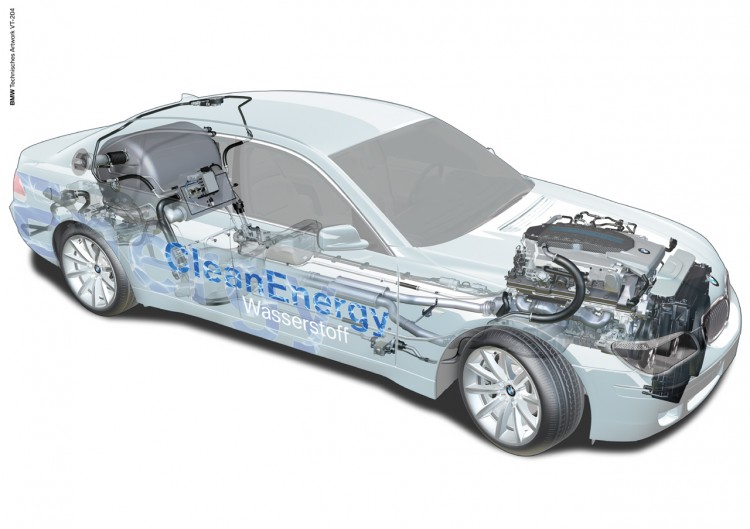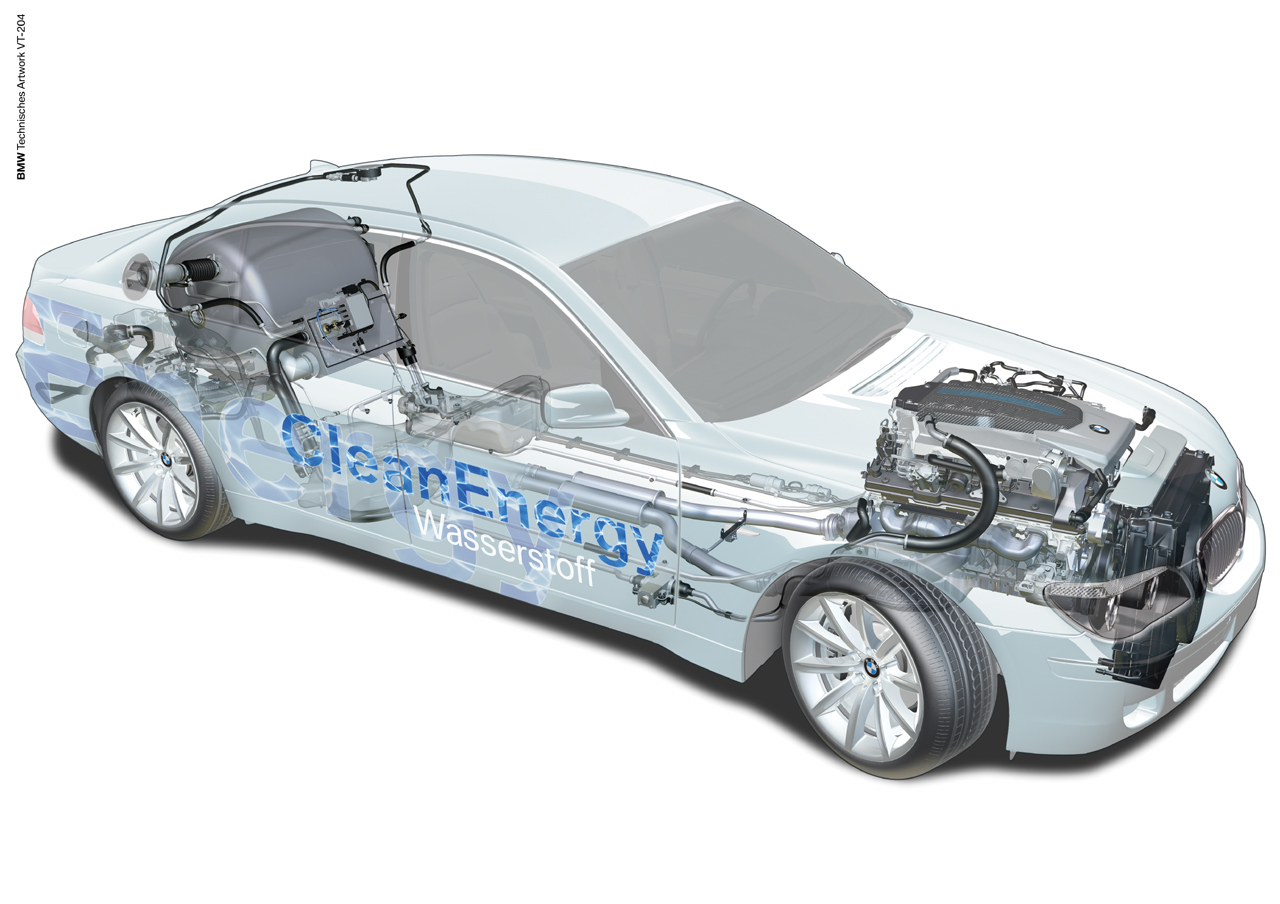Last week, a hydrogen-powered BMW concept vehicle was announced to make its debut at the upcoming 2015 Detroit Auto Show. BMWBLOG has learned today that the FCEV will not be unveiled in Detroit and no further date or venue has been communicated to us.
At the time, we reported that the hydrogen concept is the next-generation system, more advanced and capable than what’s found in the Toyota Mirai. The system is rumored to power some BMW and Toyota cars by 2020.
Here is what the press release said initially:

The Detroit show will also see the first presentation of a drive module prototype revealing a structure for the drive and energy storage components, as well as their possible integration into a future Fuel Cell Electric Vehicle (FCEV).
While pure battery-based electric vehicles specialize in covering mobility needs in urban metropolitan surroundings, hydrogen fuel cell drive systems offer electric mobility with a high operating range and very short refuelling times. This explains why hydrogen fuel cell technology is an integral long-term component of the BMW Group’s EfficientDynamics strategy.
In order to take into account the particular requirements of this technology in cars and to utilize its potential as fully as possible, BMW is replicating its approach with its series-produced BMW i3 and BMW i8 models by focusing on a specific vehicle architecture for a future Fuel Cell Electric Vehicle. The fuel cell unit of the drive module includes the first fruits of the company’s cooperation with Toyota, the industry’s leading manufacturer of fuel cell technology. This builds on Toyota’s 2015 series production technology, which BMW and Toyota were able to adapt to suit the specific requirements of BMW.
BMW will most likely choose another auto show to unveil the concept in 2015.





































































